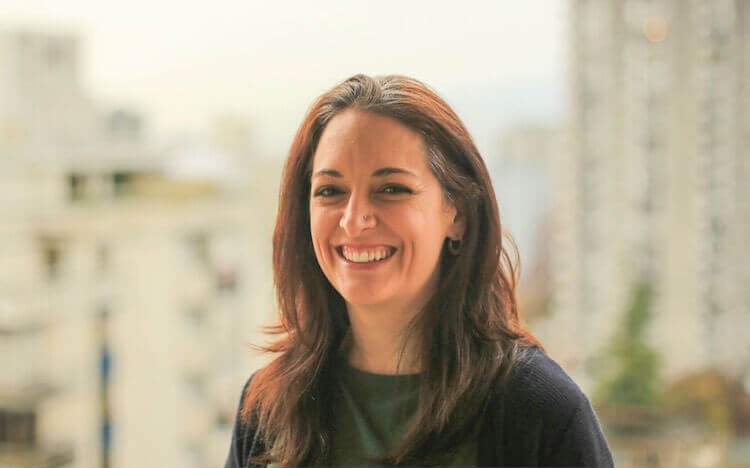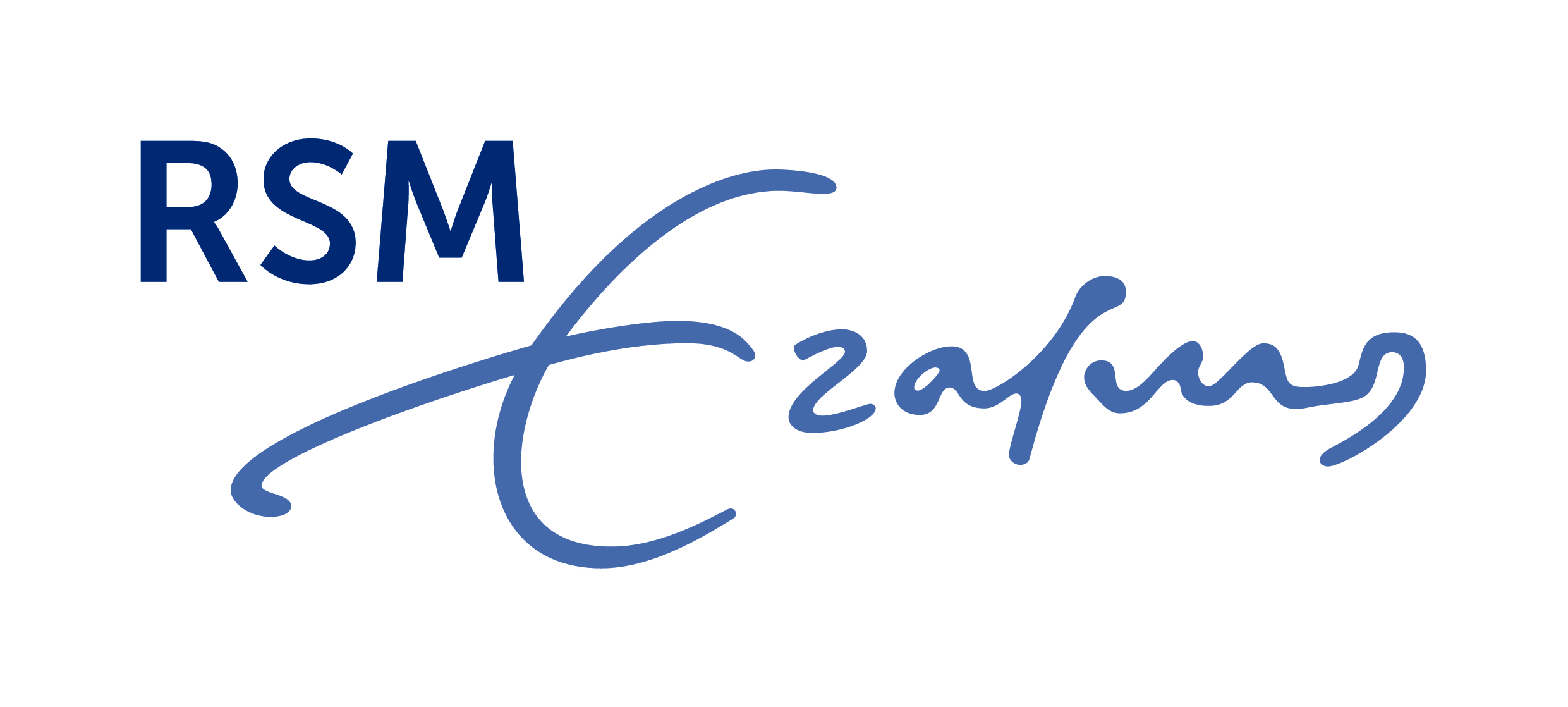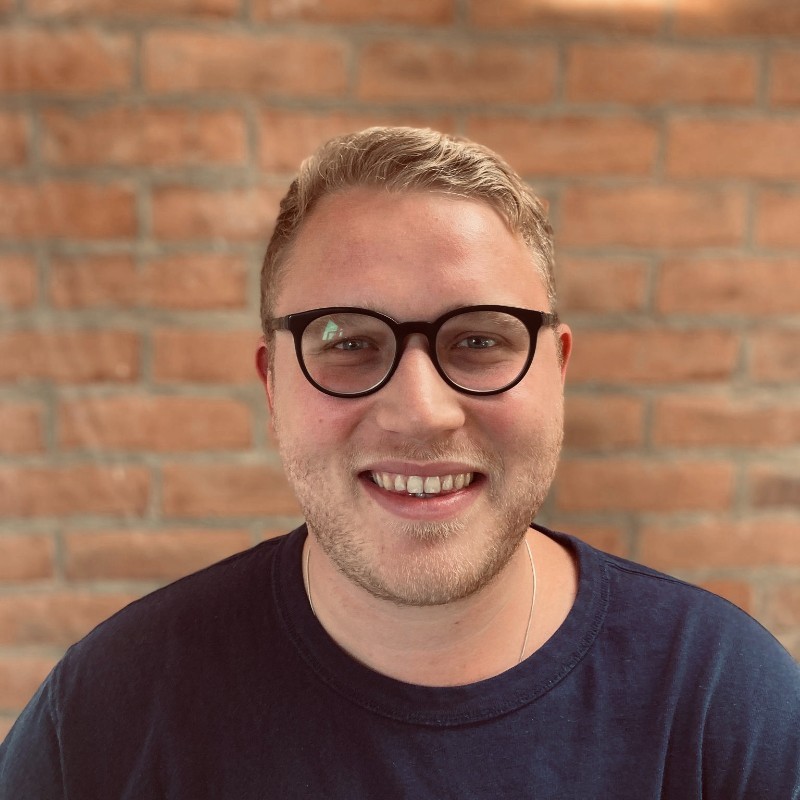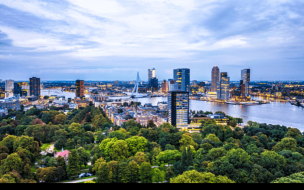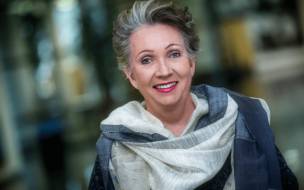Having studied biochemistry at the University of Victoria, she began her career in biotech in Canada, where she found herself consistently drawn to the environmentally focused division of industry—the “green team”, as she puts it.
At the time, environmental action in companies was vague. It was focused on “the fluffy world of what we should be doing,” says Elizabeth—more talk, less action. As she pushed for further sustainability, she found herself hitting the same wall repeatedly.
“I couldn’t speak the language of the CFO,” Elizabeth points out, “I couldn’t turn these ideas into a business case.”
It was this desire that led Elizabeth towards the MBA at Rotterdam School of Management, which ticked the sustainability box for her. Rotterdam’s course emphasizes the importance of corporate social responsibility, and looks into the ethical responsibilities of business leaders.
“I didn’t want a program that was all about becoming a great consultant or getting a high salary,” Elizabeth explains, “I wanted something that was a little different.”
Promoting sustainability in the developing world
It was her decision to pursue an MBA, as well as through her own consulting company which she set up after business school, which opened Elizabeth’s eyes to the impact of social inequality on sustainability.
Her consultancy work in Africa, in conjunction with the Bill & Melinda Gates Foundation, exposed the opposing challenges of poverty and environmental policy. “I learned that it wasn’t so black and white. If people are struggling to eat, they don’t really care if they’re using a plastic water bottle and throwing it away,” she says
It was through this realization that she hatched the idea for Kuunda 3D.
Kuunda 3D is an enterprise which establishes 3D printing technology and training to local villages in East Africa, mainly Kenya and Tanzania, to provide technical support to their local industry.
“I would see agricultural equipment that had been donated, and once the project was over it was just sitting there—they couldn’t get the parts. It seemed like a big waste to me” she explains.
The system recycled plastic waste found in small villages, which was turned into the plastic filament which the 3D printer required to build parts for the machinery. In this way, the industry became self-sustaining—“a closed loop”, as Elizabeth puts it.
Kuunda, meaning ‘to assemble’ in Swahili, was set up using a small investment from the Impact Hub in Amsterdam, but grew through Elizabeth’s know-how from her MBA.
Crucial in this was learning, during the MBA at Rotterdam School of Management, how to create a commercially viable business model which would sustain the social approach of enterprise.
Challenges of a small business
Entrepreneurship isn’t without its challenges, and establishing a company in Africa is extremely challenging.
The very concept of a foreigner starting a small business felt fairly alien, Elizabeth remembers, particularly in a country like Tanzania which is used to attracting big business investment from oil and gas. The tax incentives offered to attract these large companies aren’t afforded to small businesses
“They don’t really understand the concept of small businesses and how they can have an impact,” Elizabeth asserts.
It was even little things which took additional effort, such as waiting six months to set up a bank account. The whole process, Elizabeth says, is an exercise in patience. This, combined with the high cost of importing printing machines to Kenya and Tanzania.
The big challenges which face social enterprises, Elizabeth notes, come in the blurring of altruism and creating a business which is financially viable. That’s why going to a business school like Rotterdam School of Management is so important.
“There has to be a good business case,” she reiterates, “it has to be able to sustain itself.”
For an entrepreneur like Elizabeth, the term ‘social enterprise’ is fitting—the ‘social’ and the ‘enterprise’, it would seem, are inseparable.


